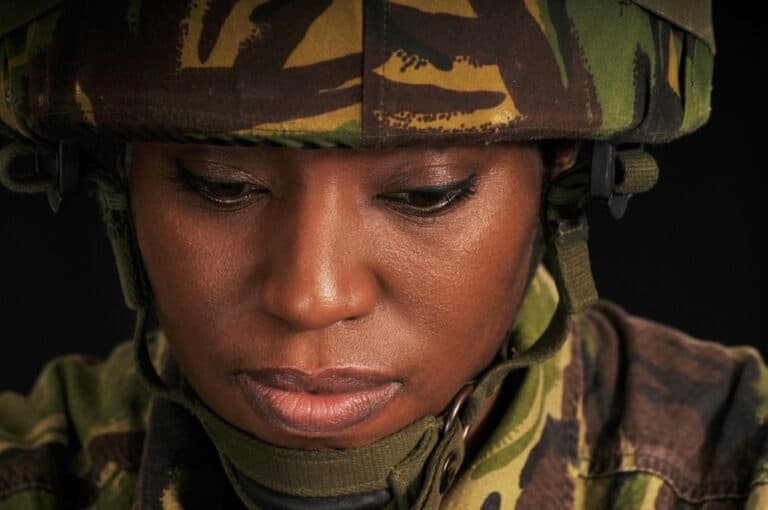Suffering a serious injury during your military service can be a devastating event. This is true for anyone who is injured but it is especially difficult when you are in a career where you need to stay physically fit to be able to do your job. You will be facing the uncertainty of whether you career will be ended.
Depending on the type of injury you have suffered you may be facing many months of rehabilitation or the prospect of having surgery and needing lifelong medical care and treatment. If you have suffered a psychiatric injury such as Post-traumatic stress disorder you are likely to need specialist treatment.
If you have issues with pain or mobility that impact your ability to carry out day-to-day activities then you may need specialist aids and equipment or adaptations may be needed to your home.
Getting treatment while you are serving
While you are serving you are entitled to access medical services which are offered by the Defence Medical Services. The role of the Defence Medical Service is to ensure that all members of the Navy, Army and RAF have access to the medical treatment they need. The services they offer include primary healthcare, dental care, rehabilitation, occupational medicine, community mental healthcare and specialist medical care.
If you are injured during your service you should in theory have access to some of the best medical care in the world through treatment centres such as the Defence Medical Rehabilitation Centre at Stanford Hall. We know from speaking to clients that this doesn’t always happen. Asking for help isn’t something that comes naturally to service personnel but it is really important that you speak to your Medical Officer about getting the right treatment and support while you are serving, and what steps you will need to take to get the help you need once you have left the military.
Getting treatment after you leave
You can find out more about accessing treatment through the NHS here. If you need support for a mental health condition then details of services can be found here.
The types of injuries suffered by service personnel can often leave them vulnerable to developing longer term conditions such as chronic pain. We see this in the case of Non-Freezing Cold Injuries (NFCI) and serious orthopaedic injuries.
Suffering with pain can have a huge psychological impact and might lead to someone suffering with a mental health condition which might then deter them from being active or stop them from engaging with treatment.
More information on living with chronic pain can be found on the NHS website.
The Centre for Veterans’ Health at the King Edward VII’s Hospital runs a specialist Pain Management Programme, which is designed to help veterans who have been suffering with chronic pain to get the correct assessment, diagnosis and treatment. The hospital has been supporting member of the armed forces since 1899 and provides grants to assist with treatment costs. More information can be found here.
Getting support
Living with an injury can be very isolating, particularly if you can’t easily get out and see people.
There are a number of charities that aim to support people who have been injured. You can find details for charities offering specialist advice and support here.
There may be ways of meeting other veterans in person or remotely and you can find details here.
Getting help with aids, equipment and adaptions
If you need help with equipment and adaptations or someone to help with household tasks such as cleaning or shopping then you can apply to your local authority who will carry out an assessment of your needs. You can find more information here.
The charity Scope have some helpful information on their website about getting the right equipment or assistive technology.
Returning to work
If you have spent a period out of work because of injury the prospect of returning to work can be very daunting. It is important that when looking for work that you consider what aspects of a job you might find difficult. For example, if you suffer with a musculoskeletal injury you may want to avoid a job that forces you to be sat down or stood up for long periods without a break. Similarly if you suffer with a NFCI you need to work in a temperature controlled environment.
When starting a new job it might feel difficult to speak up but it is important that you let your employer know that you suffer with an injury if adaptations need to be made to allow you to do your job effectively. You can find more information about finding work after leaving the military here.
RFEA: The Forces Employment Charity offer advice to injured veterans who are looking for civilian employment.






